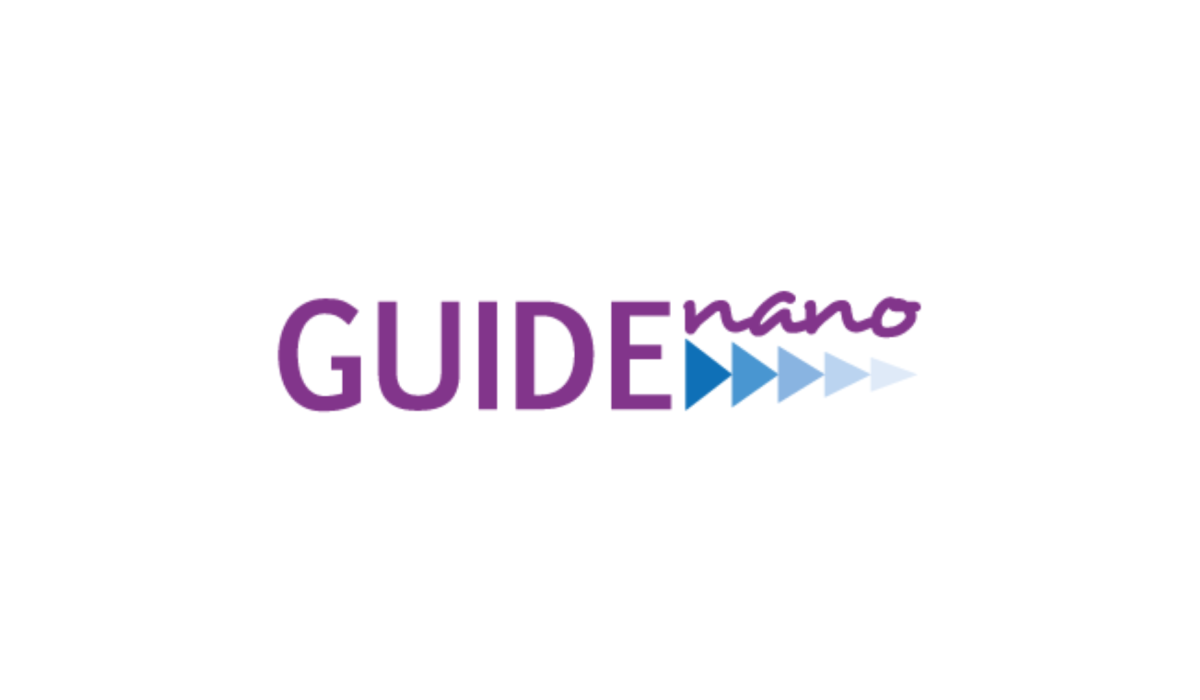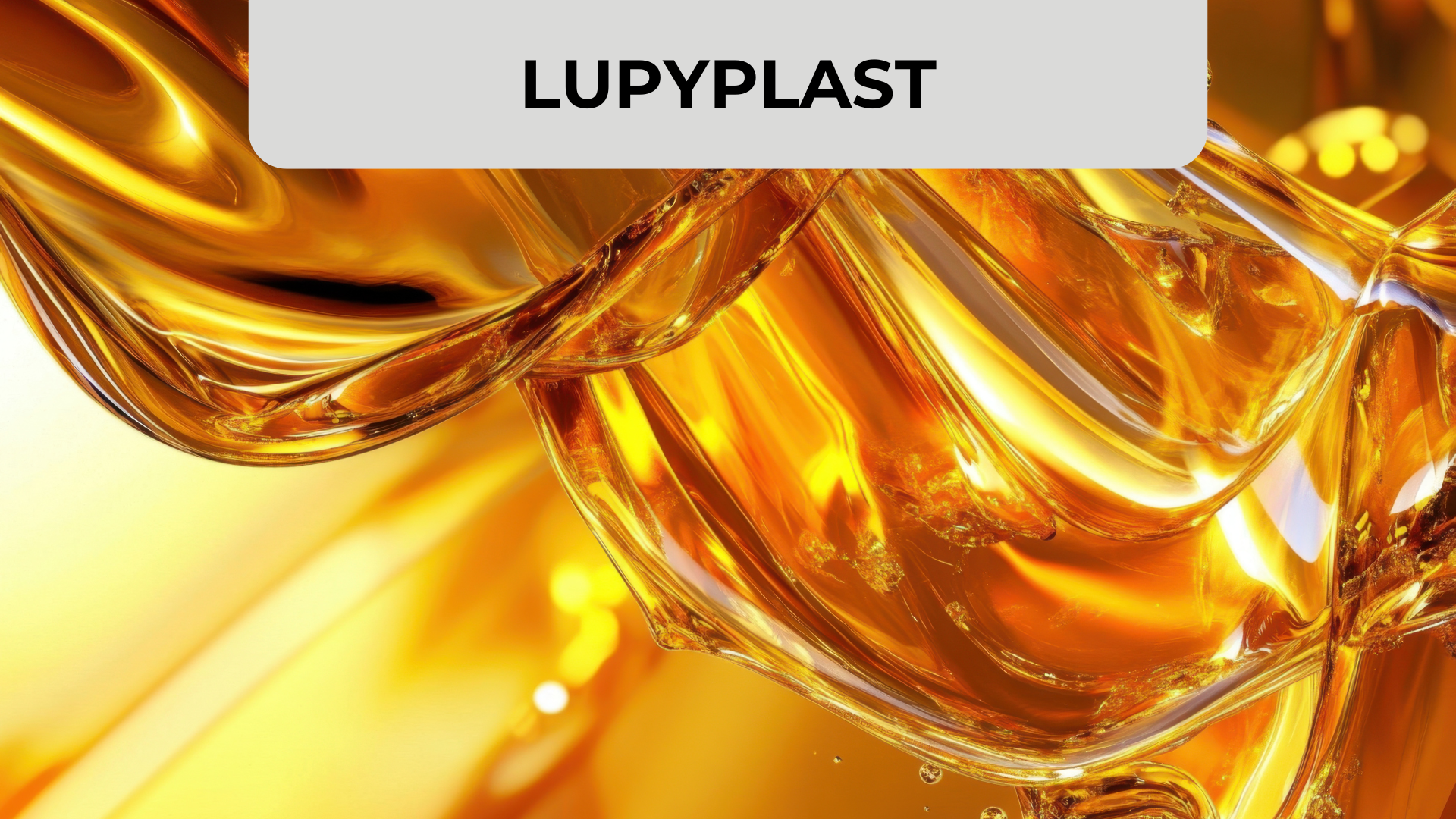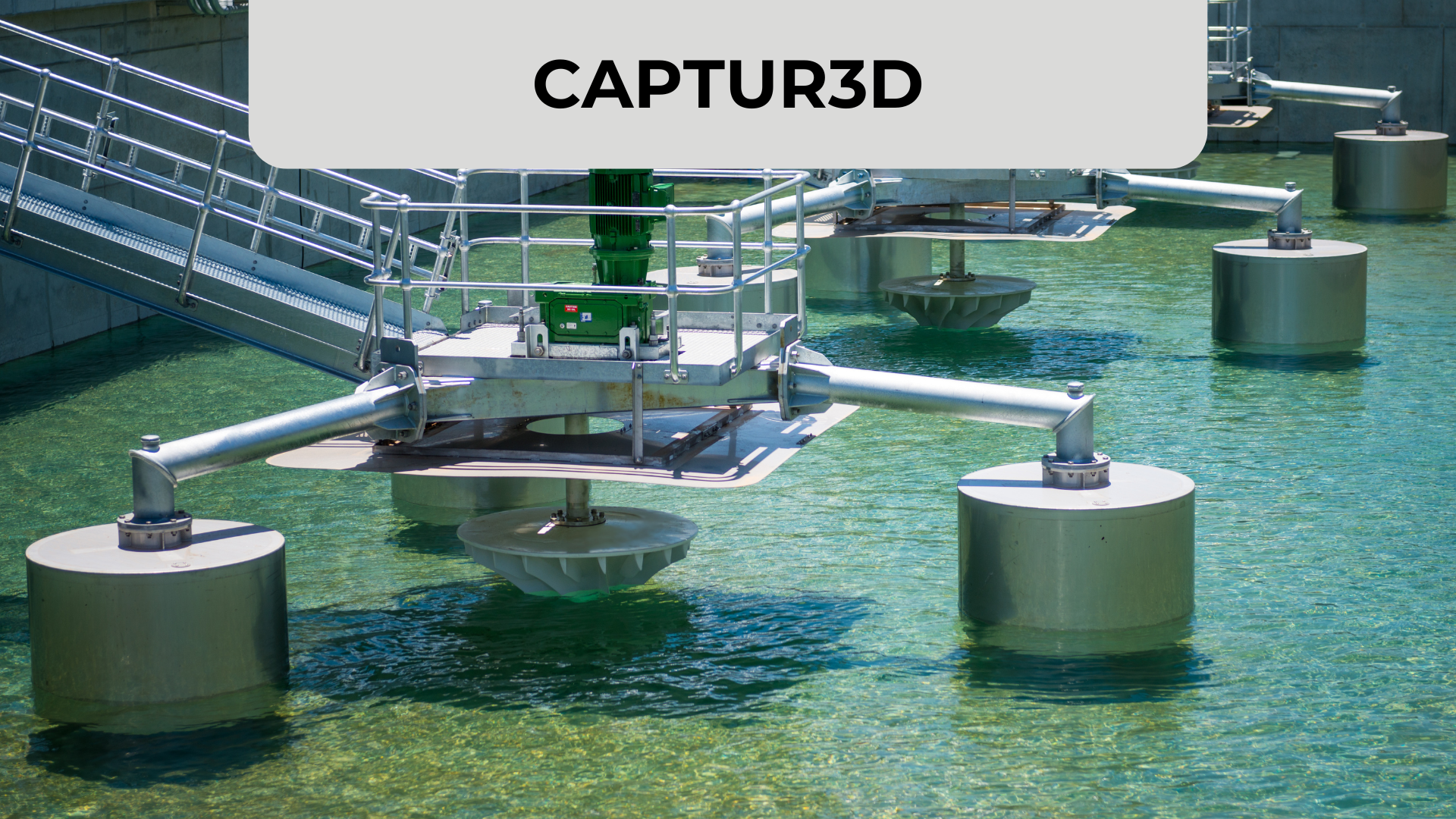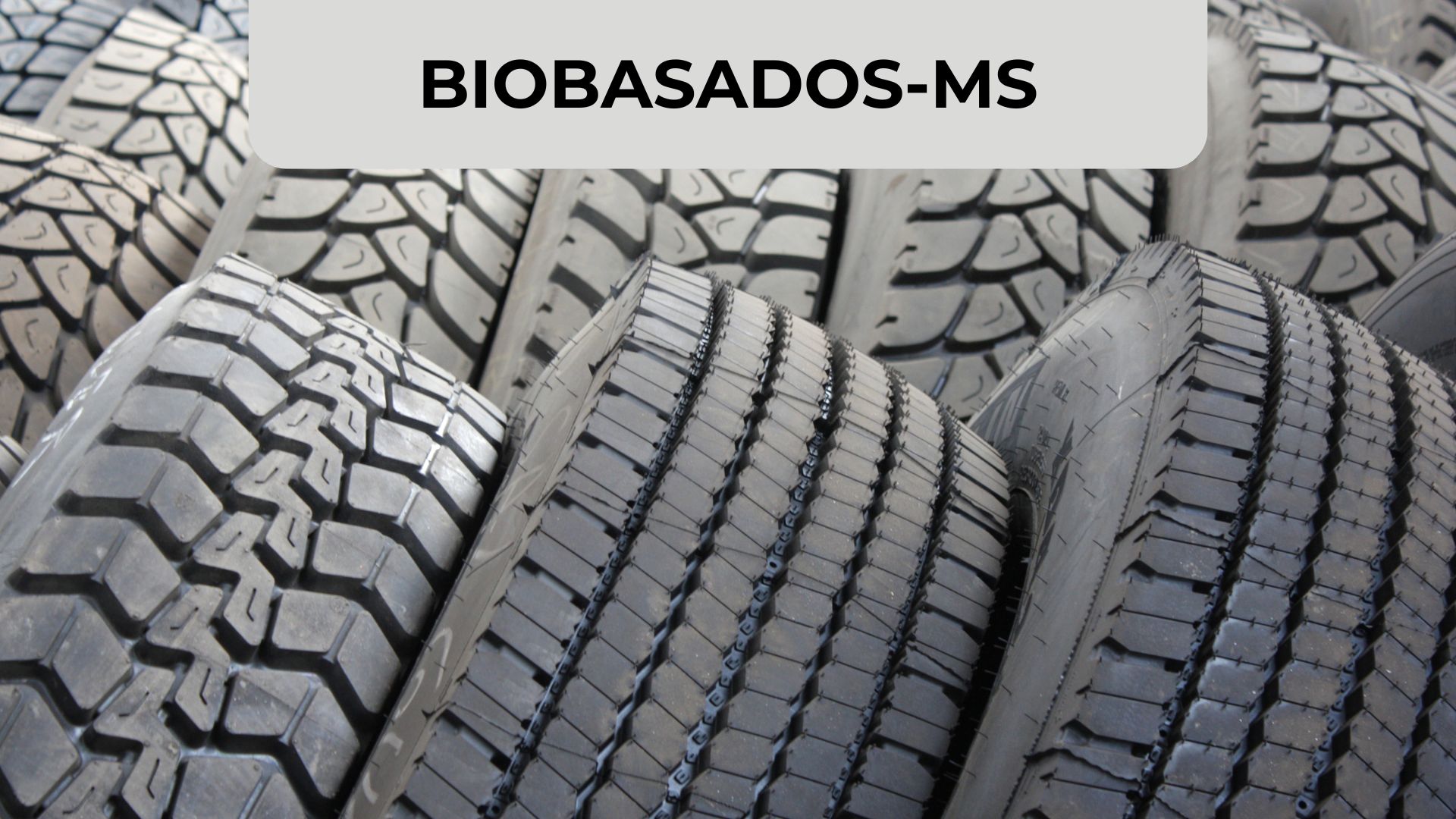GUIDENANO
Assessment and mitigation of nano-enabled product risks on human and environmental health: Development of new strategies and creation of a digital guidance tool for nanotech industries
ABSTRACT
The main objective of GUIDEnano is to develop innovative methodologies to evaluate and manage human and environmental health risks of nano-enabled products, considering the whole product life cycle. A strategy to identify hot spots for release of nanomaterials (NMs) will be followed by decision trees to guide on the use of (computational) exposure models and, when necessary, design of cost-effective strategies for experimental exposure assessment. These will include on-site and off-site monitoring of industrial processes, use, accelerated aging, recycling and disposal set-ups.
In all cases, there will be a strong emphasis on the transformation of NMs. Similarly, a tiered strategy to evaluate the environmental fate and the hazards for ecosystem and human health of NMs will be developed. The project will consider pristine synthesized NMs, transformed NMs released during the life cycle of the product, and interactions of the NMs with other substances in their host matrices and ubiquitous pollutants. The project will also develop innovative solutions to reduce identified risks. These will include safer-by-design approaches (to reduce NM hazard, reduce migration and release, or accelerate degradation when released), new technological solutions for exposure control measures, and solutions for waste minimization and treatment.
Project Budget: 11’201’389,59 €
LEITAT Budget: 879’660 €
Financial Framework: FP7
Contract number: 604387
Start Date: 01/11/2013
End Date: 30/04/2017
Partners:




























Contact Manager: A. Satti
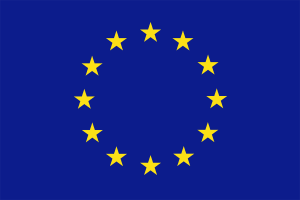
This project has received funding from the European Union’s Seventh Programme for research, technological development and demonstration under grant agreement Nº 604387. This publication reflects only the author’s views and the European Union is not liable for any use that may be made of the information contained therein.
